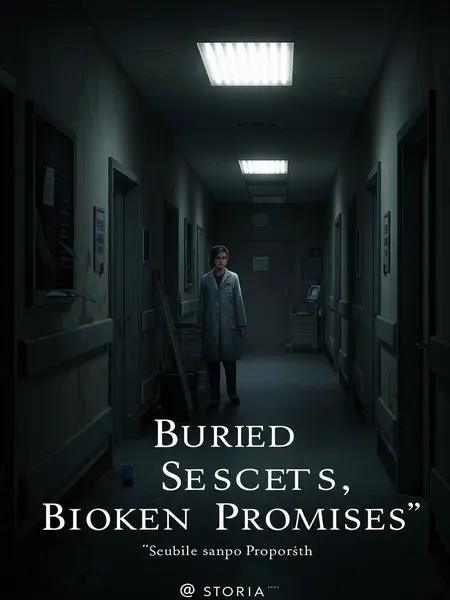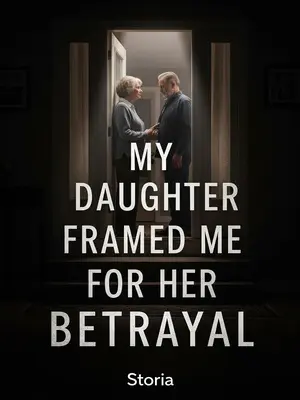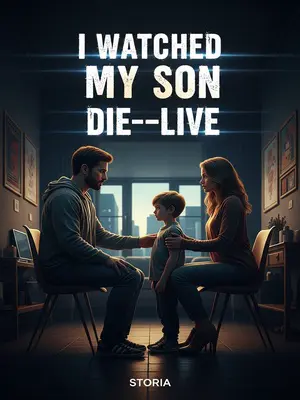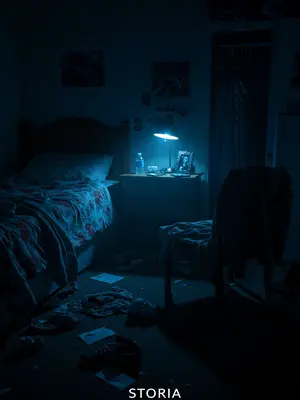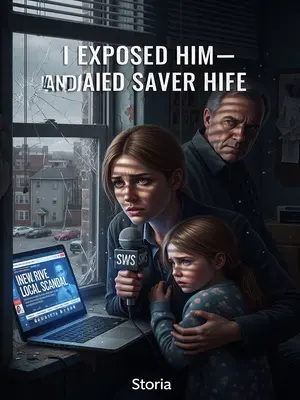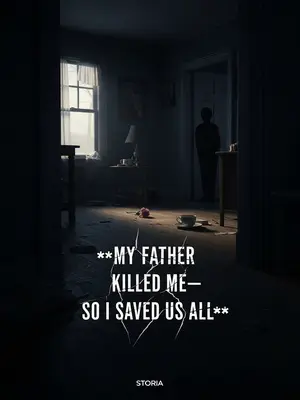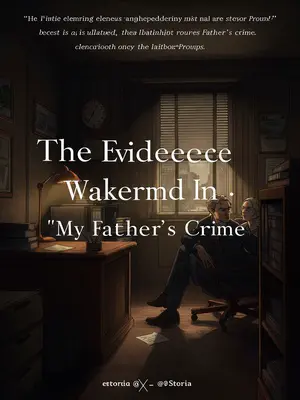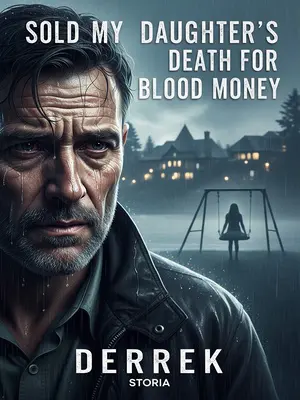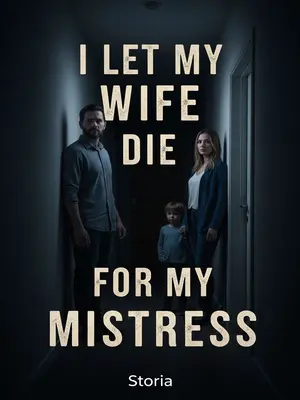Chapter 2: The Day of the Looting
That day, the same crowd of over a hundred blocked our door, the group leader pounding and wailing.
Their voices echoed down the block, drowning out cicadas and even passing cars. Someone banged a casserole dish against the porch rail. Neighbors gathered at a safe distance, arms crossed, concern etched on their faces.
"We came to see Dr. Whitman! Dr. Whitman, rest in peace!"
The chant was both eulogy and battle cry. I saw old Mrs. Davis in tears—even though she once threatened to call the city about Dad’s wildflower garden. For a second, it almost felt like they mourned him, but beneath it all was something rawer—desperation.
My mother, soft-hearted as ever—even knowing my father died full of regret—still opened the door.
Her hands trembled on the knob, her face pale and drawn. She wore Dad’s favorite cardigan, even though the day was warm. I tried to stop her, but she shook her head, whispering, “They’re suffering, too.” She always saw the best in people—sometimes to her own undoing. Her voice trembled as she said, "We can’t turn them away, not today."
The moment she did, the group leader wedged himself inside and shouted, "Grab the medicine!"
The door barely opened before they surged in—a wave of bodies and frantic hands. The quiet hallway became a battlefield. The sound of glass shattering mixed with the smell of trampled herbs and cheap cologne. My heart pounded in my ears.
They tore through boxes and cabinets, leaving chaos behind. Doors and windows were ripped off, thrown to the floor. The bed collapsed, the table was smashed, medicinal herbs trampled into mush, my father's treasured medical books shredded. Anything that could be taken, was taken.
The house was gutted in minutes. One man upended the china cabinet, oblivious to the crash of heirloom plates. My mother wept as they stomped through her rose bushes. When they left, it was like a tornado had passed through—but this one had names and faces I recognized.
It’s only been seven days.
Seven days since my father’s voice filled the kitchen. Seven days since the house felt like a home. The wreckage remained—a broken frame here, a half-empty teacup there. Even the breeze through the screen door felt like an intruder.
Reputation is a funny thing. When you don’t need it, you toss it aside; when you do, you pick it up again.
Dad’s good name was traded around town like a baseball card—cherished, discarded, suddenly valuable again now that he was gone. I saw how fast sympathy turned to suspicion, how quickly old debts were remembered.
"Friends! If he won't hand over the prescription, we won't leave! We'll die right here! Let's see if anyone cares!"
The group leader flopped down in the middle of the memorial hall. The others followed, blocking half the walkway.
They staged their sit-in right in front of Dad’s casket, as if grief could be held hostage. Someone dragged over a folding chair, its legs scraping the floor. The crowd settled in, murmuring about injustice and martyrdom.
